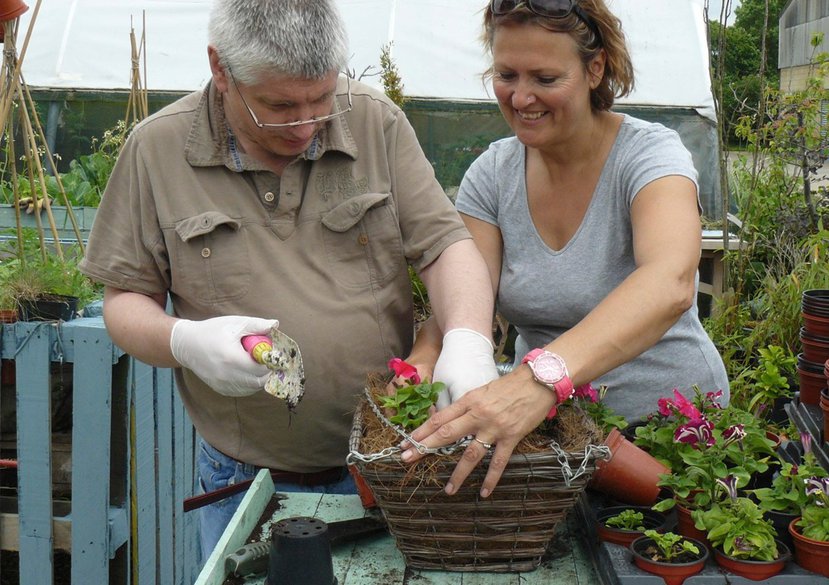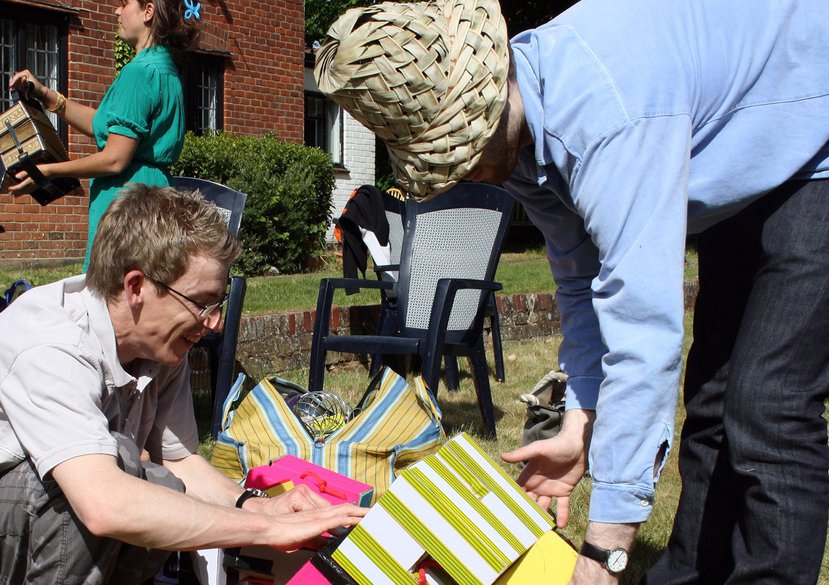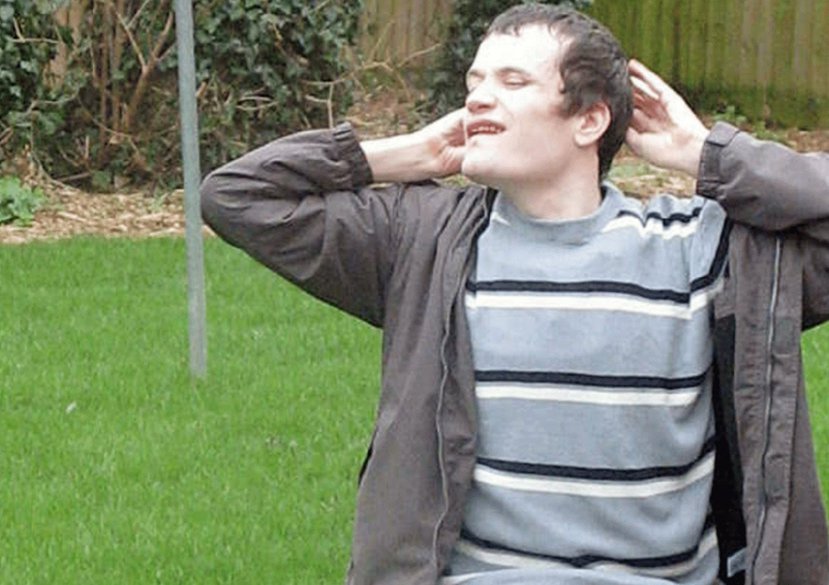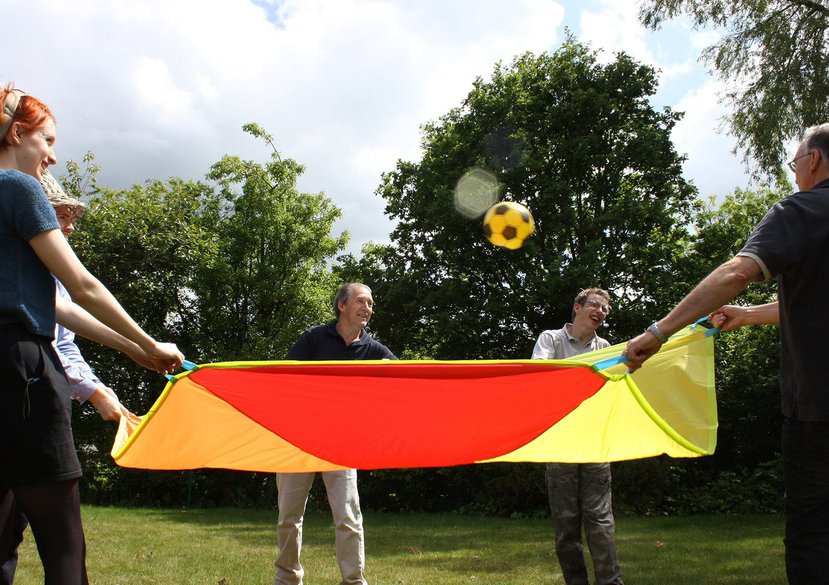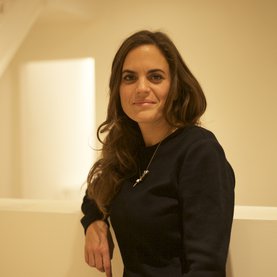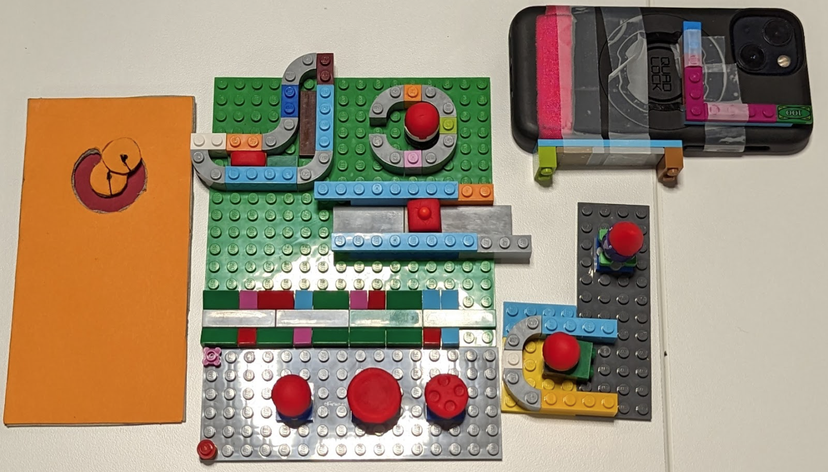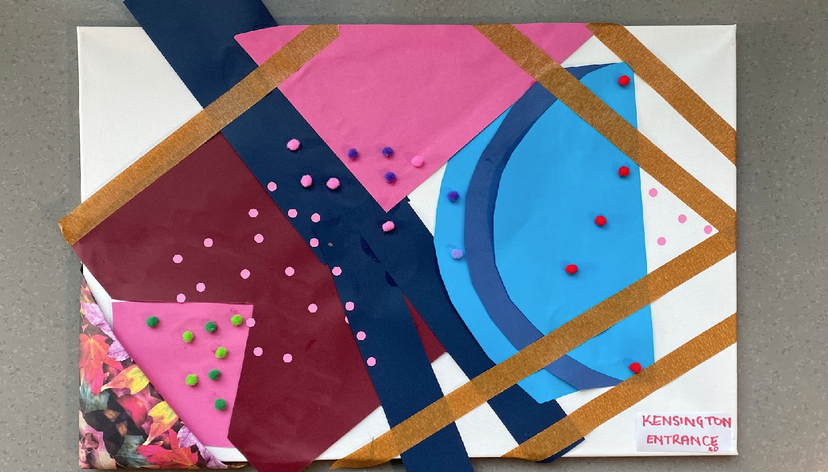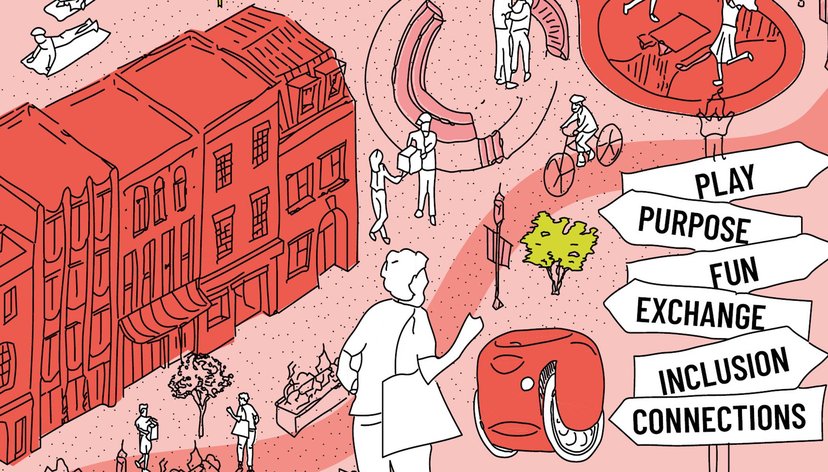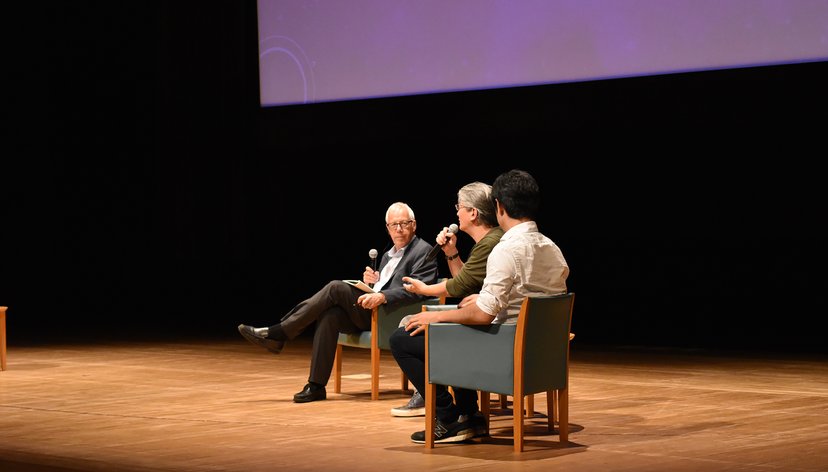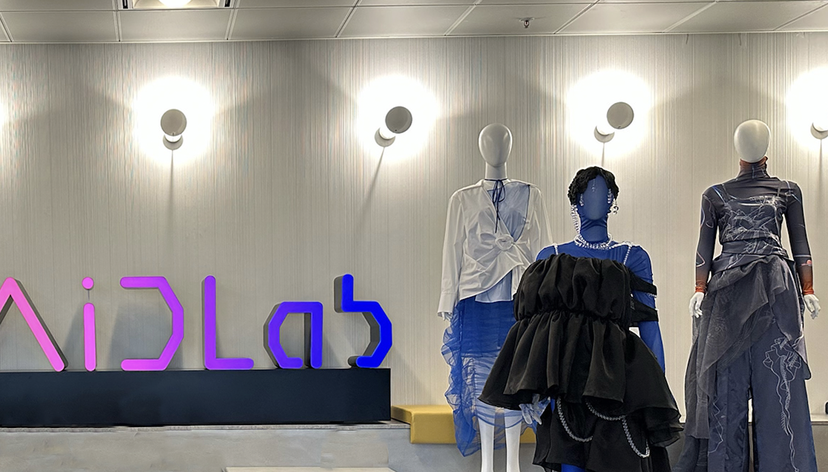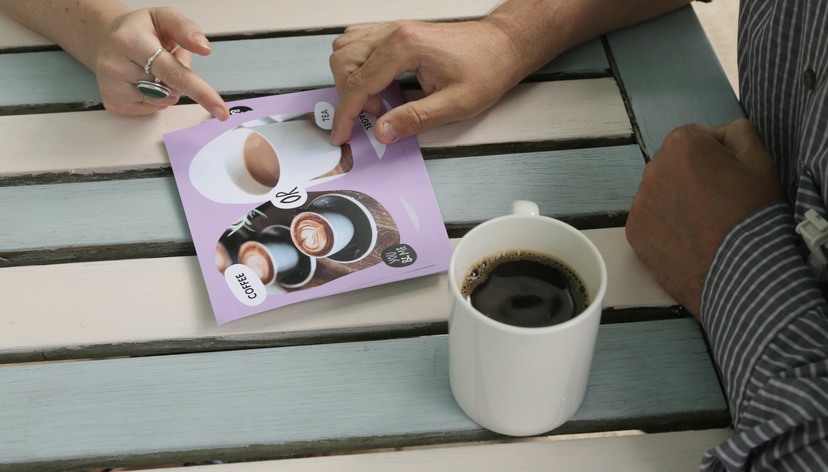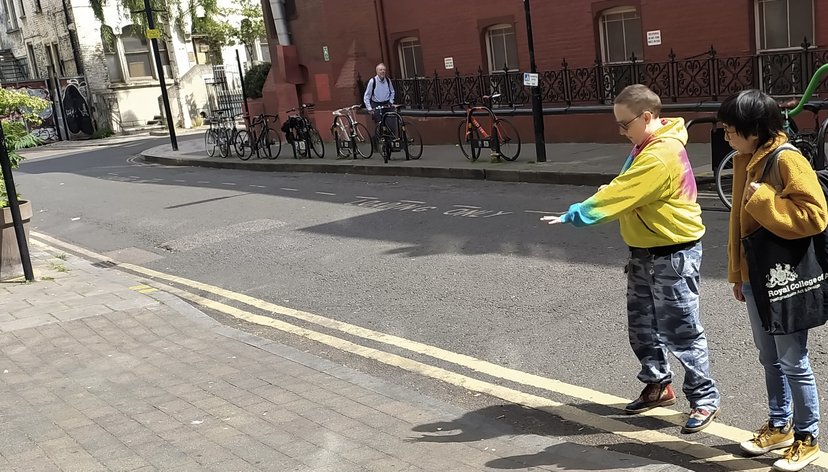
New garden spaces for people living with autism as part of a series of projects with the Kingwood Trust expanding Inclusive Design to consider neuro-diversity.
At a glance
- This project extended existing research into the needs of adults with autism to the design of outdoor spaces, giving guidance on how to create a positive sensory experience.
- The restorative qualities of gardens and the benefits of interacting with nature were widely documented, however, there was a lack of guiding principles within the context of design for autism.
- Other projects in the series included the design of environments, products and services created meet the needs, strengths and desires of neuro-diverse groups.
Key details
Gallery
More information
The challenge
This project explored how Inclusive Design can create beneficial green spaces for adults with autism and learning disabilities to enjoy green spaces, while at the same time anticipating and managing the inevitable challenges of the unpredictable outdoors. Underpinned by in-depth research captured in guidelines and a publication and in parallel the creation of a real-world outdoor space (Kingwood College Gardens) embodying its findings. The project looked in particular at leisure, occupation and exercise activities, offering design guidance on how to create green spaces that will enrich individual lives. It was one project within a pioneering decade long collaborative series that explored design and autism.
Our approach
The researchers used a variety of methods to understand the needs of residents and support staff at Kingwood. These included examining the existing timetable of activities at two Kingwood homes, spending time with autistic adults to identify their special interests using interactive profiling tools developed as part of the research, putting research ‘probes’ in the environment to uncover interests, and following these up with home visits.
The study also conducted co-design workshops with family members and support staff, shadowed horticulturists working with adults with autism, visited best practice schemes, interviewed experts on sensory gardens, and conducted a staff development workshop entitled ‘Ready Steady Make’ to enable staff to create stimulating garden activities and props.
A landscape design was realised in the outdoor space of the new Kingwood College, demonstrating best practice and acting as a showcase for the research.
A publication based on the research was also designed to help others design inclusive green spaces through explaining the research methodology presenting guidelines and concepts, and the final realised design.
Outputs
Lowe, C., Gaudion, K., McGinley, C. Kew, A. (2014) ‘Designing living environments with adults with autism’, Tizard Learning Disability Review, Vol. 19 Issue: 2, pp. 63-72
Gaudion, K. & McGinley, C. (2012) Green Spaces: Outdoor environments for adults with autism The Helen Hamlyn Centre for Design, Royal College of Art. ISBN 978-1-907342-64-6
Several publications emerged from the partnership with Kingwood which can be accessed in the HHCD repository. Our work on neurodiversity is ongoing, and built environment aspects are currently being formalised with BSI through a ‘Design for the Mind’ Publicly Accessible Standard.
Ask a question
Get in touch to find out more about our research projects.
[email protected]


